
Last week, we celebrated World Earth Day. A lot of brands came forward on social media and expressed the need to take immediate action to safeguard the planet.
However, in a world where the fashion industry’s carbon footprint is almost 10% of total human activity, is one day of advocacy really enough?
Of course not.
The constant calls to action from fashion experts and climate activists serve as a sturdy reminder that brands need to come together and treat everyday as Earth day.
While this still seems like a utopian reality, there are few names to bookmark when it comes to instilling sustainability in the brand’s DNA.
Let’s start with popular shoe wear brand TOMS.
With the idea that sustainability is not optional, but a collective responsibility, TOMS focuses on a holistic approach to ethical and eco conscious practices to meet its business objectives. The company operates on a one for one model; where it donates one pair of shoes for every pair bought. The company’s pioneering designs include durable and sustainable fabrics such as canvas and heavily relies on recycled materials. The brand has not missed a single chance to consciously advocate for sustainability and this has resulted in a very loyal fan base that is proud of every purchase. Despite their popularity, they have not faltered in their commitment towards taking care of the planet. Their packaging is 100% sourced from sustainably recycled forests and they are a certified B corporation, meeting the highest standards of social and environmental performance.
Another brand championing sustainable and eco-friendly practices is The Pangaia; a material science company that produces fashion garments. Topping the innovation charts, the brand is revolutionizing ‘sustainable clothing’ with its talented team of technicians, scientists and technologists. Amongst the many expert practices that the brand executes throughout its supply chain, one of its most famous is the FLWRDWN™ technology which produces cruelty free puffer jackets using recycled wildflower down. The brand is famously known for using fruits and vegetables to produce clothing dyes too. Focusing on developing cleaner fashion ecosystems, their most recent endeavor includes eco-friendly jeans. “Denim is one of those garments that naturally lends itself to sustainability” says Amanda Parkes, their Chief Innovation Officer who has invested years of research and development into the label’s successful fashion lines. The denim collection led by head designer Jonathan Cheung uses giant Himalayan stinging nettles, foraged in Nepal by a female-run collective of subsistence farmers. Not only does this initiative reduce carbon footprint but also creates sources of livelihood in the Himalayan community.
Talking about cleaning out the fashion stratosphere, California based apparel label - Patagonia’s environmental rallying is difficult to surpass. Many experts have named it “the world’s most reliable fashion company”. The label proudly boasts a number of patented technologies. Ecologically safer materials like rubber wetsuits made from desert shrubs and textiles made from protein-based silk are some of their proud innovations. Additionally, the brand sources all its energy from renewable sources. All of its US based stores run on 100% clean energy proving time and again that true sustainability is so much more than just greener clothes. Their animal welfare initiatives and conservation efforts of the environment in a notoriously cruel industry also deserve applause. Stressing on the consumer’s biggest problem; overconsumption, Patagonia also pioneered the “Don’t buy this jacket campaign” to reduce the toxic culture of excess and encourage people to only buy what they need.
These are just some of the amazing efforts that these revolutionary brands are taking.
The courage to face the complexities of tricky policies and navigating in the world of fast fashion is truly something that sets these labels apart. We at One Less are proud to be making strides towards our goal of a sustainable future. Being able to achieve this mission alone is difficult, so we hope you will join us in taking one small imperfect step at a time!
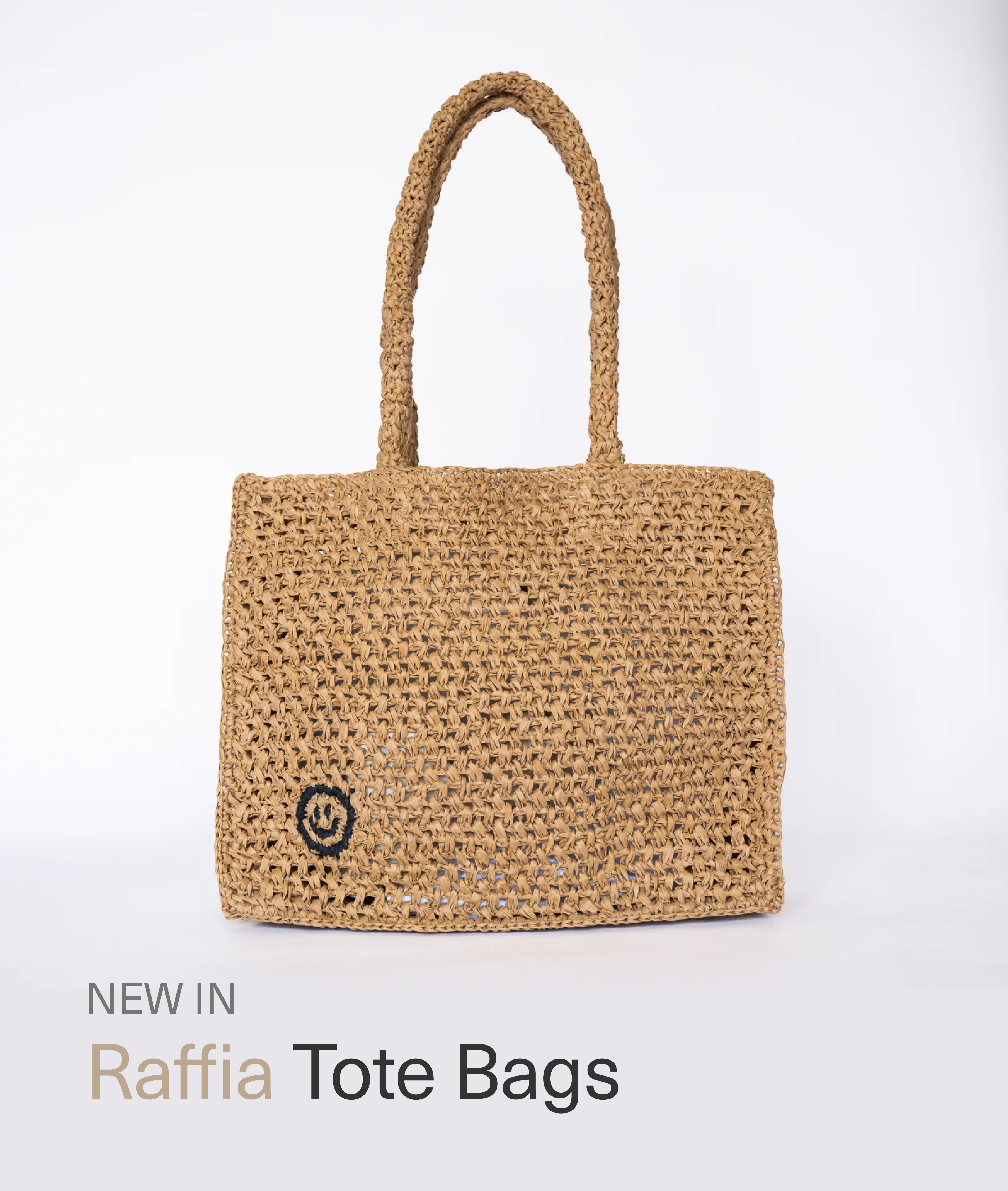
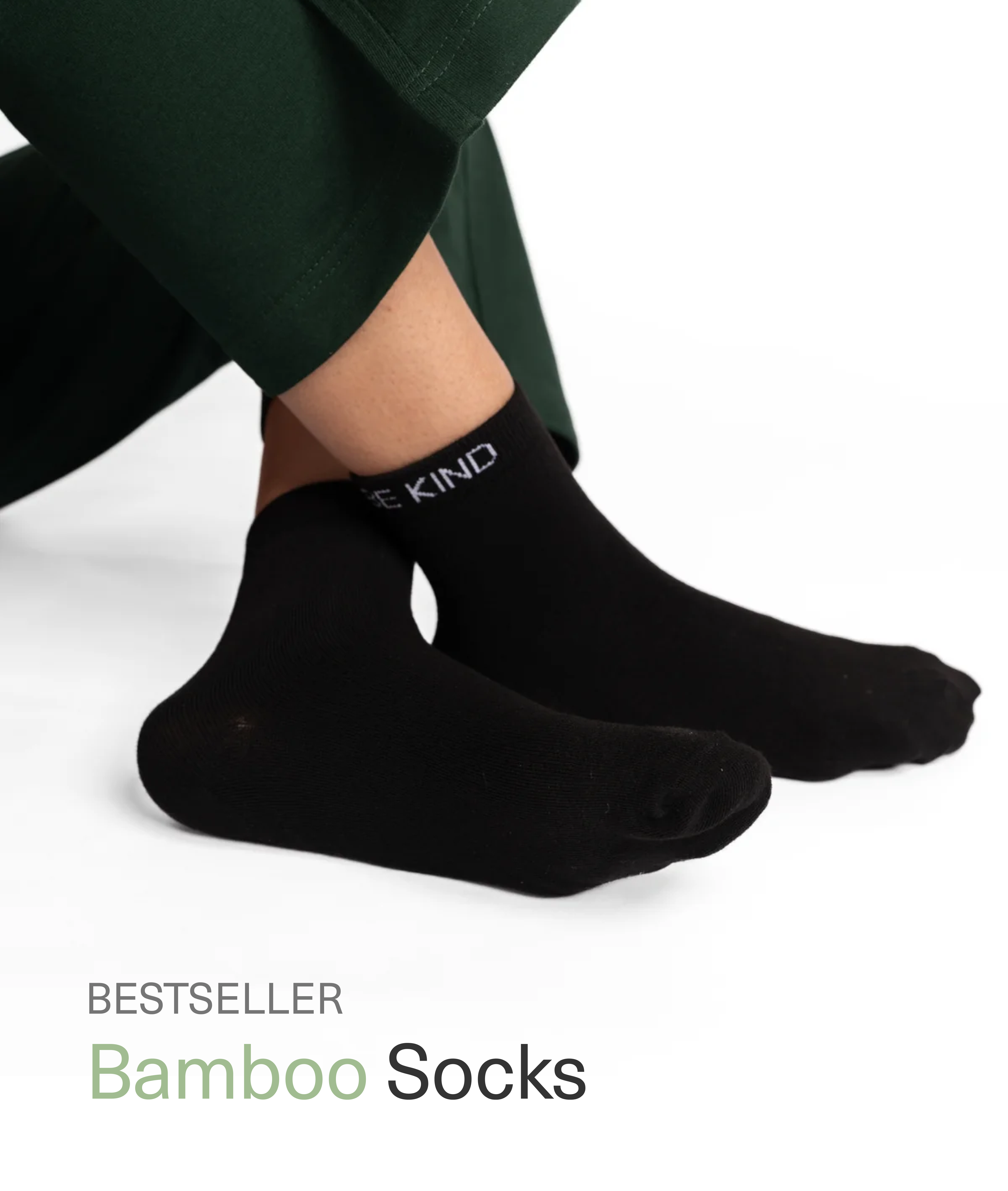
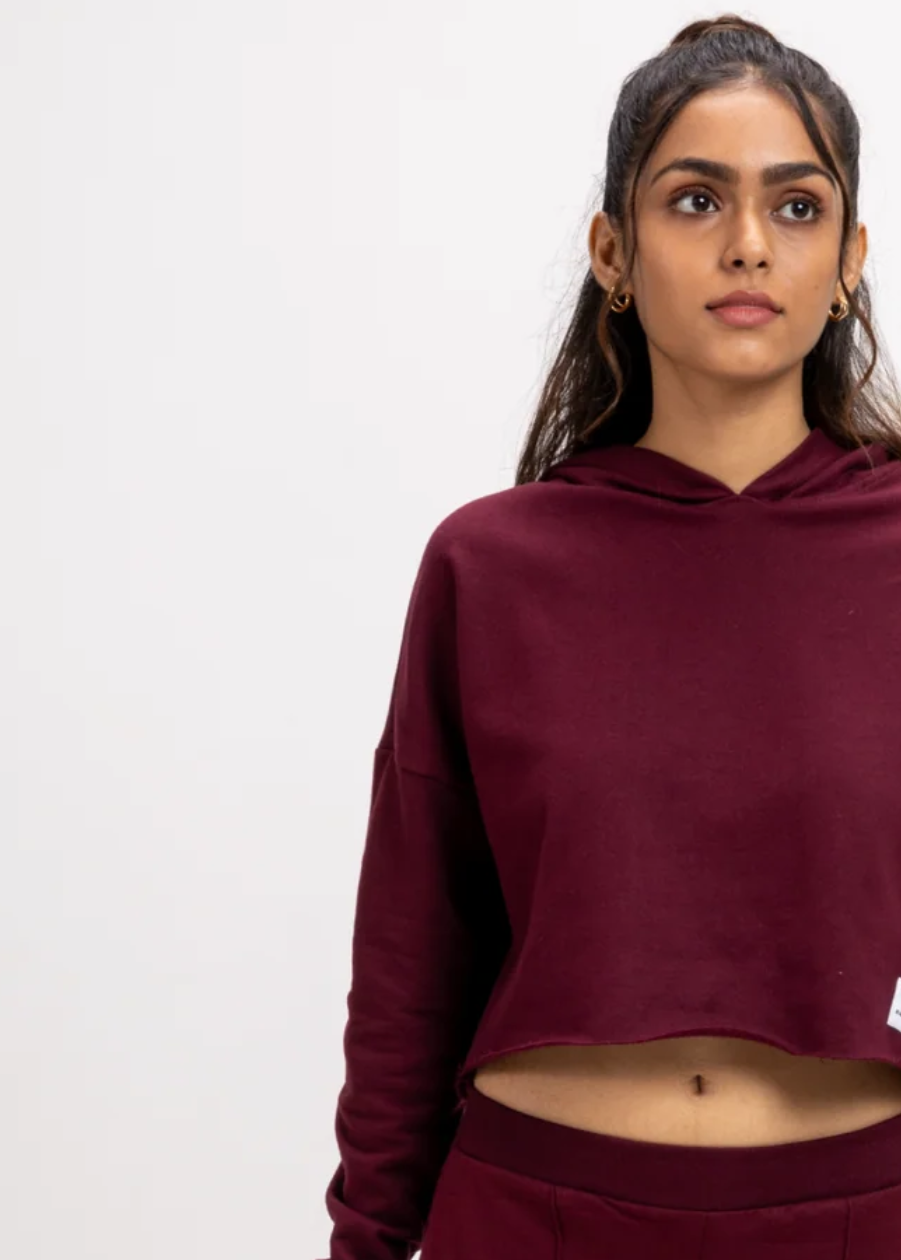

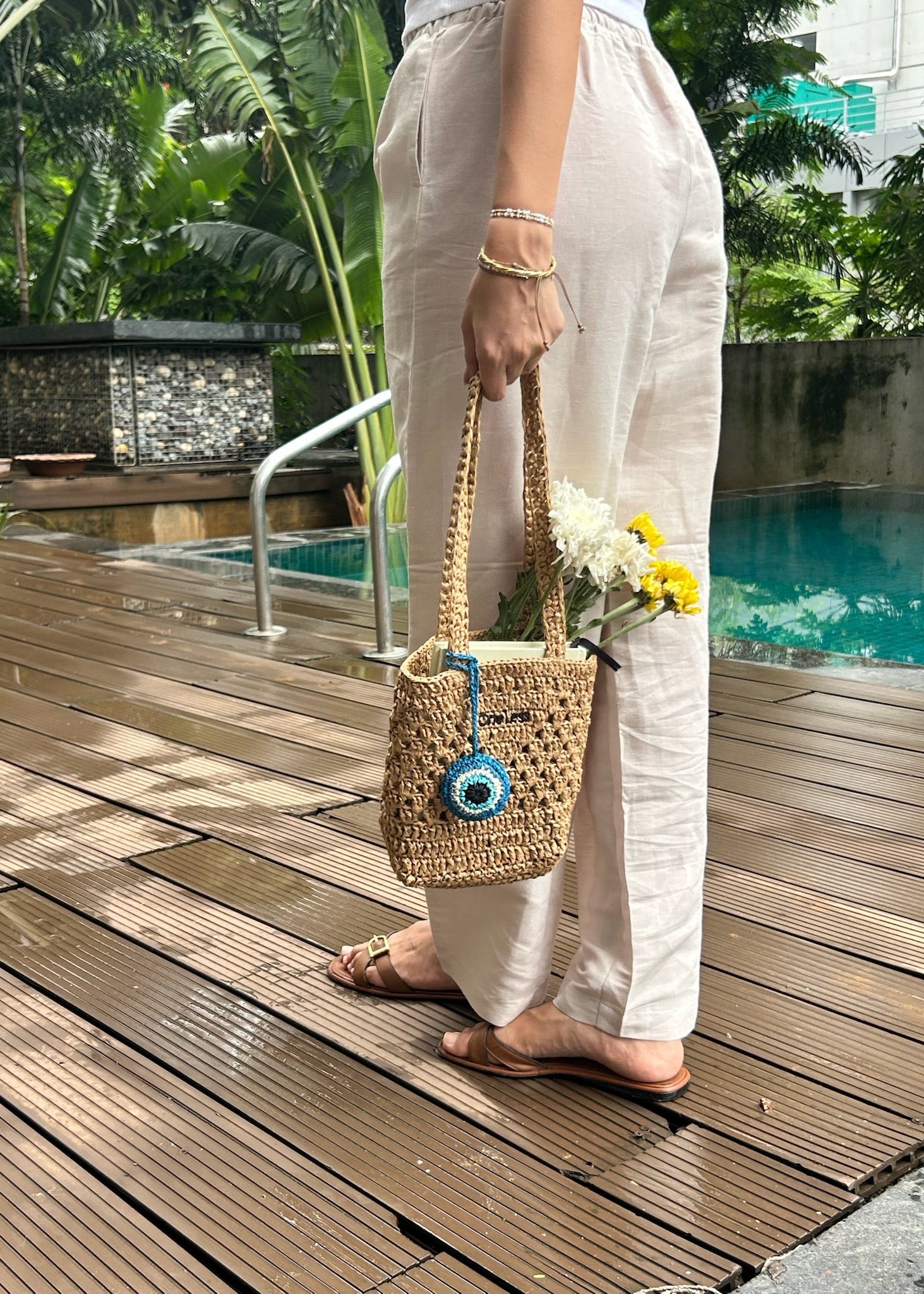





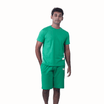
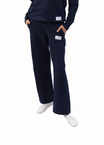

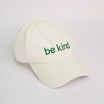




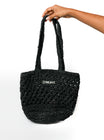
Leave a comment
This site is protected by hCaptcha and the hCaptcha Privacy Policy and Terms of Service apply.